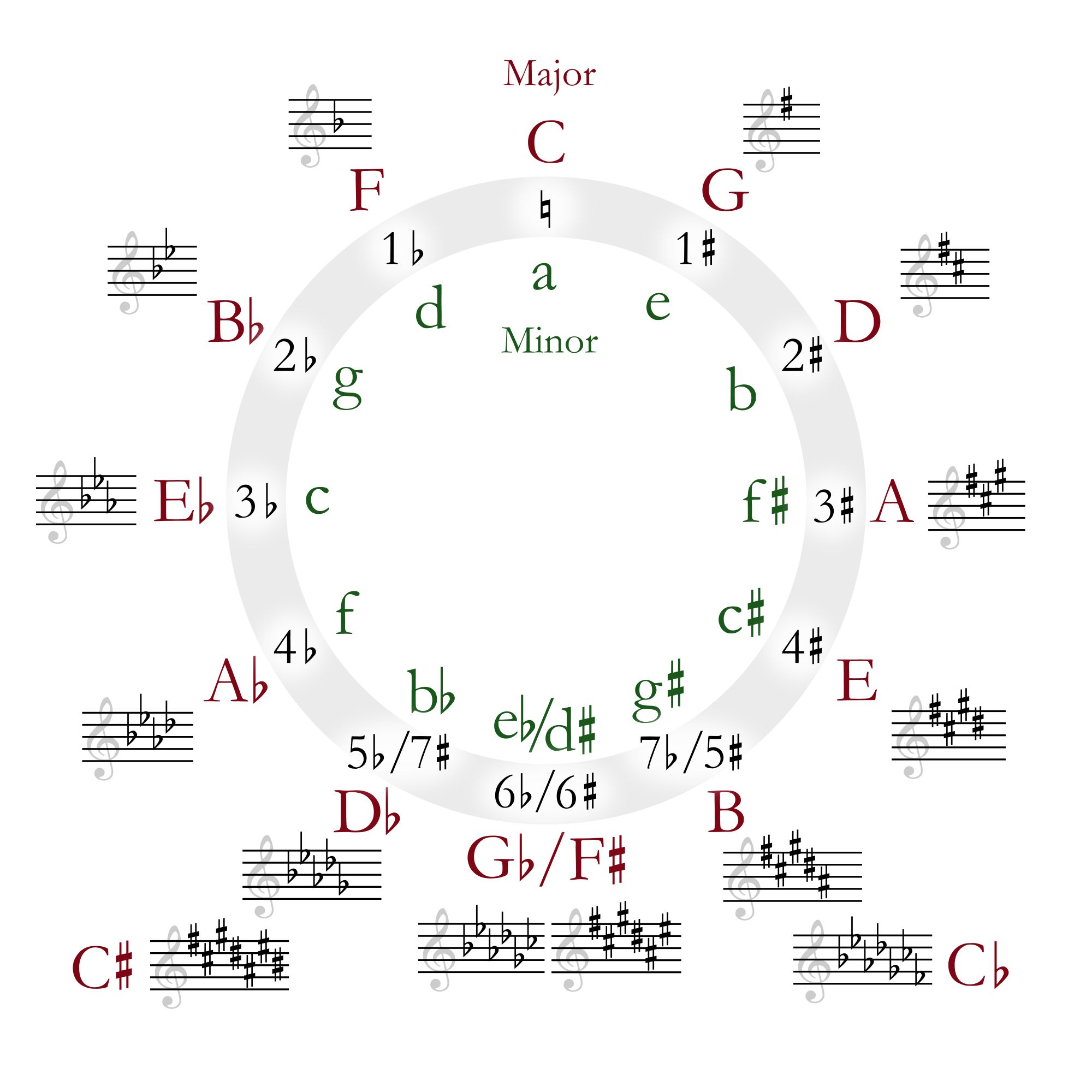Music theory is the foundation upon which all great music is built. Whether you’re a beginner or an experienced musician, understanding the basic concepts of music theory can significantly enhance your musical understanding and creativity. In this article, we will explore some essential music theory concepts that every musician should know.
1. Notes and the Musical Alphabet
Notes are the building blocks of music. The musical alphabet consists of seven letters: A, B, C, D, E, F, and G. These letters represent individual pitches, and by combining them, we create melodies and harmonies.
2. Scales and Keys
Scales are sequences of notes arranged in order of pitch. They provide the framework for melodies and harmonies. The most commonly used scale is the major scale, which has a distinct pattern of whole and half steps. Understanding scales is crucial in determining the key of a piece of music.
3. Chords and Harmony
Chords are groups of three or more notes played simultaneously. They form the foundation of harmony in music. Learning how to build and manipulate chords allows musicians to create rich and complex sounds, adding depth to their compositions.

Credit: ask.audio
4. Rhythm and Time Signatures
Rhythm is the pattern of sounds and silences in music. Time signatures indicate the number of beats in a measure and the type of note that receives one beat. Understanding rhythm and time signatures enables musicians to play in sync with others and master complex rhythmic patterns.
5. Intervals
Intervals are the distances between two notes. They are used to describe the relationship and sound between pitches. From simple intervals like seconds and thirds to more complex ones like sevenths and ninths, understanding intervals helps musicians create melodies and harmonies that evoke specific emotions.
6. Music Notation
Music notation is a system of writing music using symbols. It allows musicians to communicate and share their compositions. Learning how to read and write sheet music opens up a vast treasure trove of musical knowledge and repertoire.

Credit: www.gunnostudio.com
7. Dynamics and Articulation
Dynamics and articulation refer to the variations in volume and expression of a musical piece. Understanding and utilizing different dynamics and articulations add depth, emotion, and musicality to performances.
8. Ear Training and Sight Singing
Ear training and sight singing are essential skills for musicians. Ear training helps develop the ability to recognize and reproduce pitches, intervals, and melodies by ear. Sight singing enhances the musician’s ability to read and sing music accurately.
9. Musical Forms
Musical forms provide structure to compositions. From the simple A-B-A form to more complex forms like sonatas and symphonies, understanding musical forms helps musicians analyze and appreciate the organization and development of musical ideas.
10. Transposition and Modulation
Transposition involves shifting a piece of music to a different key, while modulation refers to changing the key within a piece. These techniques allow musicians to explore different tonalities and expand their musical possibilities.
These are just a few of the basic music theory concepts that every musician should know. By mastering these core concepts, musicians will have a solid foundation to explore complex compositions, improvise, and compose their own music. So, start exploring the world of music theory and unlock your full potential as a musician!
Frequently Asked Questions On What Are Some Basic Music Theory Concepts That Every Musician Should Know?
What Is The Importance Of Learning Basic Music Theory Concepts?
Understanding basic music theory helps musicians communicate ideas, play in different keys, and interpret musical notation.
How Does Music Theory Knowledge Help In Songwriting And Composition?
It provides the foundation for harmonizing melodies, creating chord progressions, and arranging musical elements effectively.
What Are Some Essential Music Theory Concepts For Beginners To Grasp?
Key signatures, intervals, scales, and chords are fundamental concepts that form the backbone of music theory understanding.
Why Is It Crucial For Musicians To Comprehend Time Signatures And Rhythm?
Mastering these concepts enhances a musician’s ability to keep time accurately and interpret rhythmic patterns.